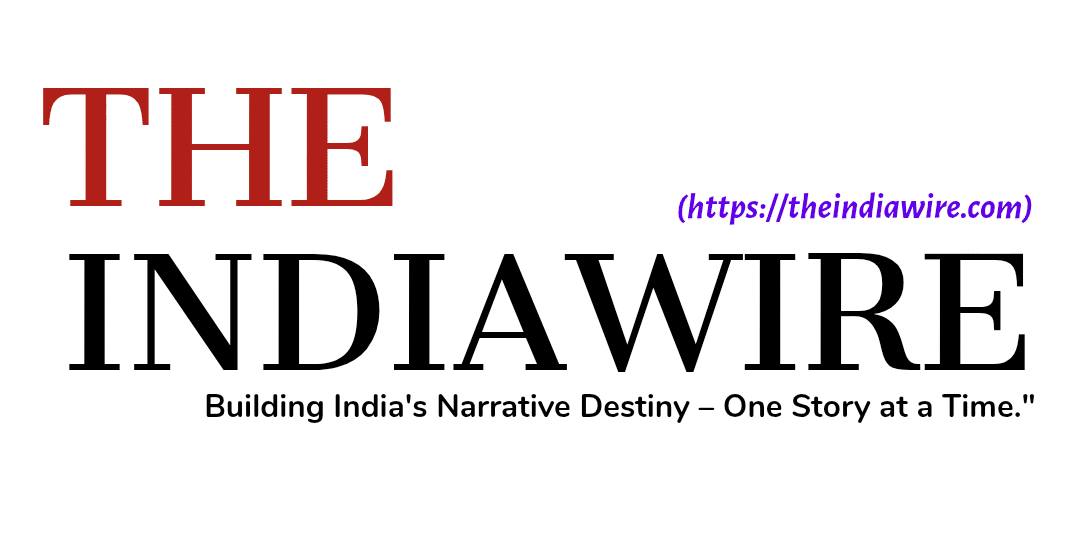In the sweltering heat of the Indian summer, the year was 1999. The Lok Sabha was alive with fervor, a stage set for a political drama that would unfold before the nation.
Atal Bihari Vajpayee, the Prime Minister of India, stood at the center of this political tempest, poised to deliver a speech that would be remembered for years to come.The backdrop was tense. The Bharatiya Janata Party (BJP)-led coalition government faced a no-confidence motion, a challenge that could unseat them. Opponents were eager to pounce, fueled by dissatisfaction and a desire for change. The atmosphere was charged, and the stakes were high.
It was a defining moment not just for Vajpayee, but for the entire nation.As Vajpayee approached the podium, he exuded a calm confidence, though beneath the surface, he felt the weight of uncertainty. This was not merely a political battle; it was a test of his leadership and vision for India. He recalled the journey of his government—
the reforms, the challenges, and the aspirations of millions. In his heart, he believed in the path they had chosen, but the opposition’s fervor was palpable.He began his speech with a sense of gravity, his voice steady. “The strength of a government does not lie merely in its numbers,” he declared, “but in its commitment to the people.”
His words resonated in the chamber, cutting through the noise of dissent. Vajpayee emphasized the achievements of his government—economic growth, diplomatic strides, and strides in social justice. He painted a picture of a nation on the rise, resilient and vibrant.Yet, he did not shy away from acknowledging the challenges. He spoke of the complexities of governance, the need for unity in diversity, and the importance of dialogue over discord. “In a democracy,” he said, “we may disagree, but we must always respect each other’s opinions.” His eloquence was not just a defense of his government but a call for collective responsibility.As he spoke, the room fell silent. The opposition, known for its aggressive tactics, found itself momentarily captivated. Vajpayee’s ability to weave poetry into his rhetoric was unmatched. “The winds of change are often gentle, but they can reshape mountains,” he remarked, reminding everyone that progress is a gradual, collective journey.With each passing moment, his confidence grew, fueled by the passion he felt for his country. He spoke of the sacrifices made by those who came before him, of the dreams of the youth, and of the legacy they must uphold. His words were imbued with a sense of hope, a vision for a united and prosperous India.As the speech drew to a close, Vajpayee made a heartfelt appeal.
“Let us not be driven by political rivalry but by our shared responsibility to this great nation. Together, we can overcome any challenge.” The sincerity in his voice struck a chord, igniting a sense of patriotism in many who listened.When he finally stepped away from the podium, the applause that followed was thunderous, reverberating through the halls of power. It was a moment of triumph, not just for Vajpayee, but for the spirit of democracy itself.
Though the no-confidence motion would eventually lead to a change in government, his speech had left an indelible mark on the nation’s consciousness.Vajpayee’s ability to inspire, even in the face of adversity, showcased his true leadership. It reminded everyone that politics is not merely about power but about vision, resilience, and the unwavering faith in one’s country. His words echoed long after that day, a testament to his legacy as one of India’s most beloved leaders, whose confidence, even in moments of doubt, shone brightly for all to see.
